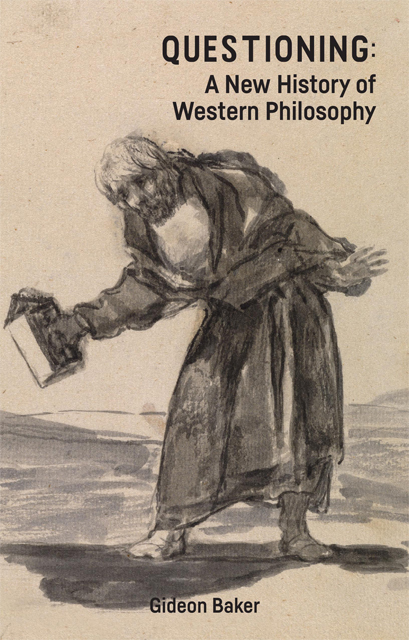14 - Heidegger
Published online by Cambridge University Press: 14 July 2023
Summary
IT IS OFTEN SAID that the key to Martin Heidegger’s epochal book Being and Time (1927) is in the title. Rather than wading through hundreds of pages of difficult philosophy, the reader who knows that being is time can get on with something else. But what does it mean to say that being is time? For one thing, it means that being is always a question. There cannot be an answer to the question of what it is to be because being, for Heidegger (1889–1976), is time and time is nothing abstract but something historical, something that concerns us (Heidegger 1996: 306; 350). Time is only ever my time or our time (Heidegger 2002: 90).
As early as his lectures from 1920–1 on The Phenomenology of Religious Life, Heidegger notices this difference between the timeless world of the philosophers and historical time as something that is lived. Heidegger observes that the Apostle Paul’s sense of time is not the cosmic one of, say, Aristotle or Plotinus. Rather, in Paul ‘The present time has already reached its end and a new age has begun since the death of Christ. The present world is opposed to the world of eternity’ (Heidegger 2004: 48, emphasis added). If eternity is the metaphysical sense of time and the world, then Paul’s world is now.
Building on this early insight, one of the central themes of Heidegger’s mature work is that, when we experience time merely as a chronological succession of nows, then we paradoxically lose time itself (Heidegger 2000: 389). Time is ours only as finite beings; time is mortal time. For Heidegger (2000: 390), the time that passes, chronological time, is known to us only from the knowledge that we will die. We question starting from where we are. Indeed, even the Greek idea of time as eternity is conceivable only because we know that we are mortal: ‘finitude completely determines the human being from the ground up’ (Heidegger 1990: 50).
In keeping with this theme of finitude, in Being and Time to be is always to be somewhere (indeed, Heidegger’s preferred term for human being is Da-sein, being-there) – thrown into the world in a particular place and time (Heidegger 1996: 164–8). And to be historical in this way is also to share a history with others.
- Type
- Chapter
- Information
- QuestioningA New History of Western Philosophy, pp. 147 - 156Publisher: Edinburgh University PressPrint publication year: 2022

